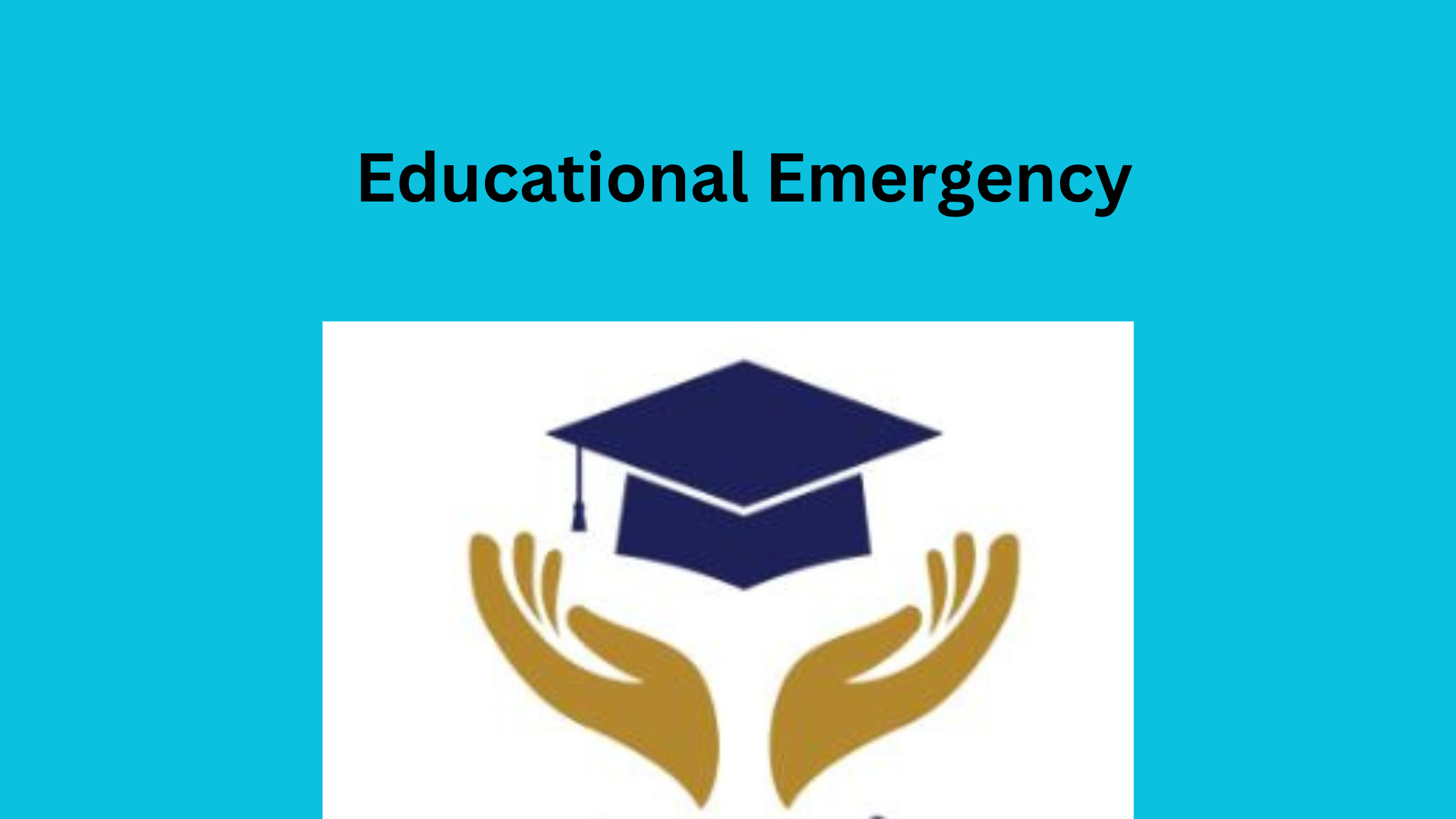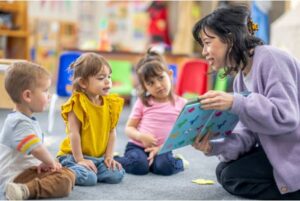
Educational Emergency in the world. American author and humorist Mark Twain once said that he never let his education interfere with his education. Similarly, Albert Einstein famously said that imagination is more important than knowledge.
Our mystic poet Balhe Shah has written in a poem that he does not need any worldlier knowledge. All he needed was alif [the first letter in Arabic and in our own alphabet]. It has a deeper meaning, although both Allah and Aalam begin with the letter A. The first of the 30 verses of the Holy Qur’an is also called ‘Alf, Lam, Meem’ [Arabic letters for ع, ل and م]. The above-mentioned comments of the Masters are, at times, used as an excuse by some conservative religious people and Sufis in our part of the world to downplay the importance of formal education. Somehow, it creates a comfort zone of ignorance and is a sign of complacency, where you decide not to try to increase your knowledge.

One can be satisfied with whatever comfort and wealth one has. But how can one be satisfied with the limits of his knowledge? We tend to forget that the teachers mentioned above had complete command over the branches of knowledge they pursued. Knowledge ignites reason and, as many believe, intuition is a higher form of reason. So Einstein could say that imagination is more important than knowledge because he had mastered knowledge. After swimming in its vastness, Bulhe Shah sought the source of knowledge. Twain learned to read and write in elementary school before becoming a typesetter and avid reader. Only then could he jokingly comment that he did not let his schooling interfere with his education.
We must admit that in the modern world, for a child born to illiterate or semi-literate parents, outside of Khuzdar in Baluchistan, in Kandkot in Sindh or Nawam in Gilgit-Baltistan, it is only the local school. It gives him the opportunity to start learning, to be literate and numerate, to be able to understand the larger world. This makes the public education system in Pakistan — or anywhere in the developing world, for that matter — the key to individual and collective intellectual and economic growth. Advanced economies from Japan and China to Germany and the UK have invested heavily in their public education systems.
Even in America, a manifestation of capitalism, schooling for every child is the responsibility of the state. You may be poor, or if you get sick and don’t have adequate insurance, your child will still be taken to school by the yellow bus in the morning.
As the neoliberal economic paradigm slowly and surely gained currency in Pakistan after the end of the Cold War, private schools and religious madrasas [madrasas] joined the state in losing out on public education. One cannot completely rule out private schooling, as there is always the possibility of experimenting with new teaching methods, and trust-run schools and convents have been providing education in a non-commercial way for a long time. However, it should not be made compulsory for students and their parents to pursue private education due to the absence of government schools, or the teaching quality and dilapidated infrastructure of government schools.
As the neoliberal economic paradigm slowly and surely gained currency in Pakistan after the end of the Cold War, private schools and religious madrasas (madrasas) joined the state in losing out on public education. One cannot completely rule out private schooling, as there is always the possibility of experimenting with new teaching methods, and trust-run schools and convents have been providing education in a non-commercial way for a long time. However, it should not be made compulsory for students and their parents to pursue private education due to the absence of government schools, or the teaching quality and dilapidated infrastructure of government schools.
I fully understand the need for madrasas and the economic circle even in the current situation. They provide an almost free education — regardless of whether we agree with their teaching methods and curriculum — and, in most cases, free room and board. Despite the government’s disinvestment and leaving good quality education to the private sector, more than 60 percent of Pakistani children attend public schools. This number comes to about 45 million. About 20 million attend private schools, while about 25 million school-age children remain out of school.
What inspired me to highlight the problems of public education in Pakistan is an important book published in 2021 that I recently came across. It is like a practical manual with guidelines for policy makers and education managers. More importantly, it is written in Urdu. Very little tradition remains where any original work on public policy or reform administration appears in Urdu or any other mother tongue that we speak.
Titled Asatiza, Bureaucracy and Politicians [Teachers, Bureaucracy and Politicians], and published by Book Corner, Jhelum, it is the story of a reform programme, involving various measures, in 54,000 schools in Punjab. Ran This story of successes and failures in overcoming the hurdles of the old education system is told by Javed Ahmed Malik, a seasoned development practitioner and policy advisor, who puts his heart and soul into his work. From 2009 to 2018, he was associated with this educational reform program in Punjab as a key figure. Earlier, Malik wrote another useful book on rural development, titled Transforming Villages: How Grassroots Democracy Can Accelerate Rural Poverty Eradication. Asatiza, in bureaucracy and politics, countries rightly start with the problems faced by teachers and how to deal with them during the reform process. He clears up some misconceptions about education financing and the reform agenda. He then proceeds to list the main problems facing the primary and secondary schooling systems.
He proposes solutions to the problems of improving educational quality and effective school management, and reflects on the relationship between education and national development. Along with a review of various reform measures, Malik suggests workable solutions based on experiential learning.
The book is well referenced and illustrated with descriptive charts, tables and graphs. Making our education system efficient and effective is not rocket science, if there is commitment at all levels of decision-making and implementation. Declaring an education emergency with consensus among all political stakeholders and investing adequately in public schooling is the only way for the state to do so.








